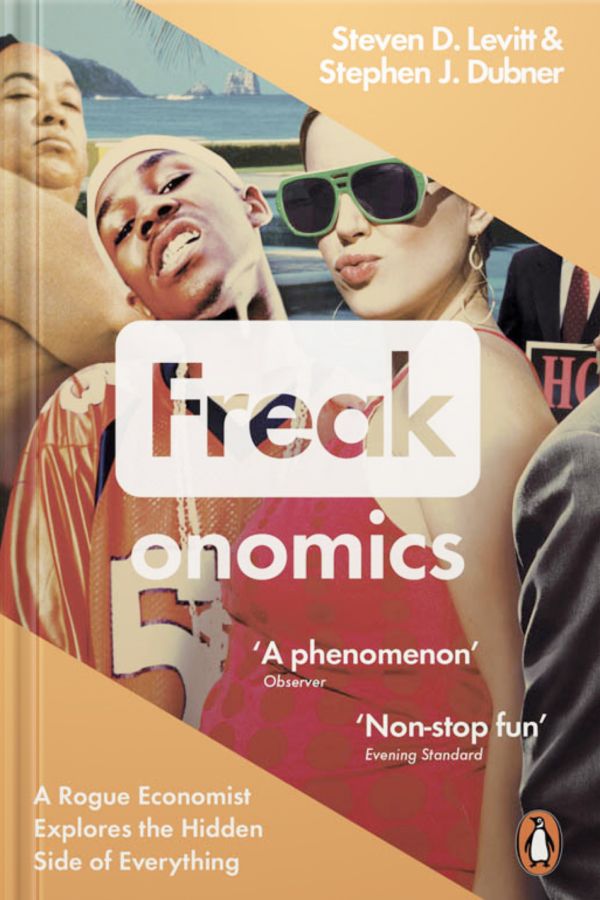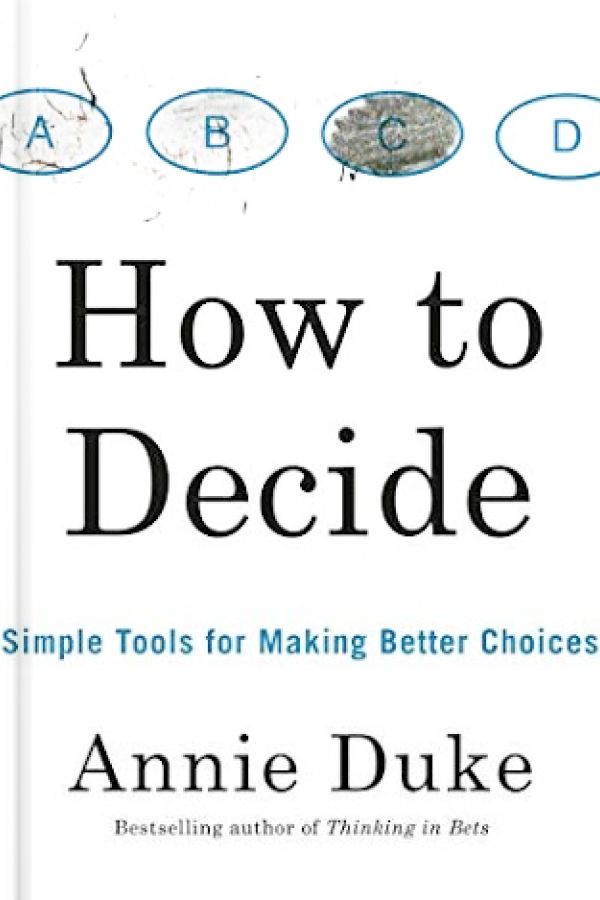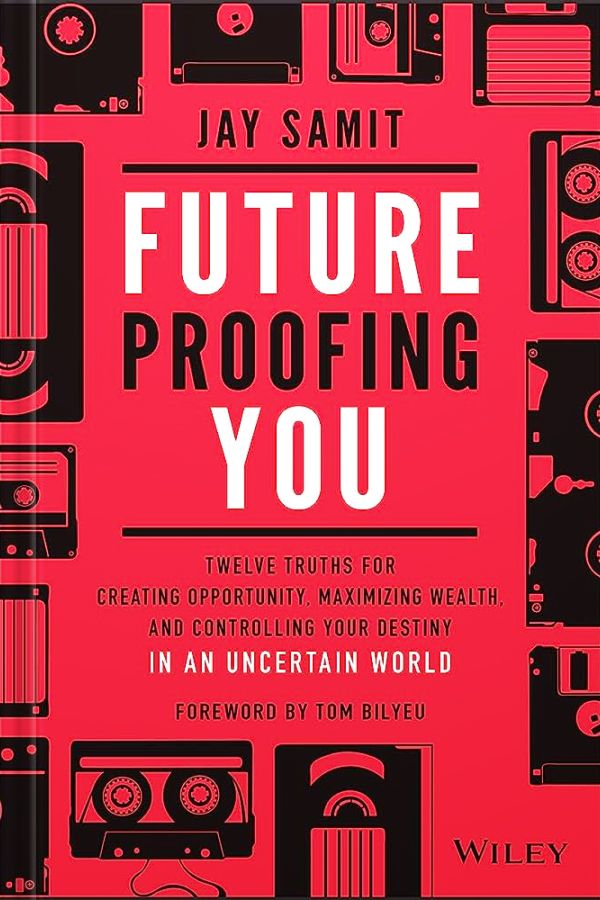
Freakonomics by Stephen J. Dubner
1. Challenge conventional wisdom
"Freakonomics" proclaims:
"Conventional wisdom is often wrong."
Actionable Advice: Always question the status quo. Assumptions and widespread beliefs may not always hold upon scrutiny. Be curious and critical, and don't hesitate to challenge common "truths."
2. Correlation does not imply causation
The authors caution:
"Just because two things are correlated does not mean that one causes the other."
Actionable Advice: Be careful when interpreting cause-and-effect relationships. Correlation can be misleading. To establish causality, rigorous investigation and evidence are necessary.
3. Unseen incentives are everywhere
Levitt and Dubner observe:
"Incentives are the cornerstone of modern life."
Actionable Advice: Look for the hidden motivations driving behaviors. Recognizing incentives can help you understand why people behave as they do and predict future actions.
4. Information is a powerful tool
According to "Freakonomics":
"Information is a beacon, a cudgel, an olive branch, a deterrent."
Actionable Advice: Harness the power of information. Knowledge can influence outcomes, shift power dynamics, and promote transparency. Stay informed and use your knowledge responsibly.
5. Beware of experts
The authors warn:
"Experts use their information to your detriment."
Actionable Advice: Practice discernment when dealing with experts. While their knowledge is valuable, it's essential to remember that experts may also have their agendas.
6. The most minor details can have profound impacts
"Freakonomics" reveals:
"Even the most mundane phenomena can have a ripple effect on society."
Actionable Advice: Pay attention to minor details. Small changes can lead to significant impacts. Look for the potential butterfly effects in business, personal life, or societal structures.
7. Data can tell unexpected stories
The authors note:
"The data speak louder than words, even when it's saying things we find unexpected or inconvenient."
Actionable Advice: Let the data guide you. Look beyond surface-level interpretations and dig deep into the data to discover hidden patterns and surprising insights.
"Freakonomics" turns economic theory on its head, offering a fresh and fascinating approach to deciphering the intricate web of everyday life. Engaging and enlightening, it teaches us to see the world differently, one riddle at a time.








